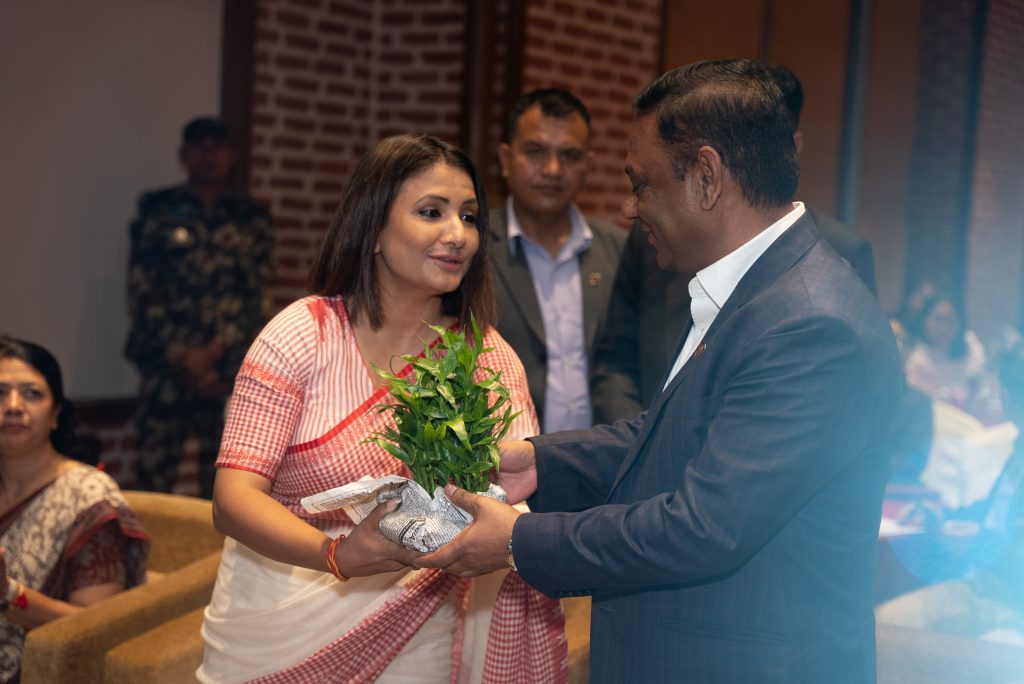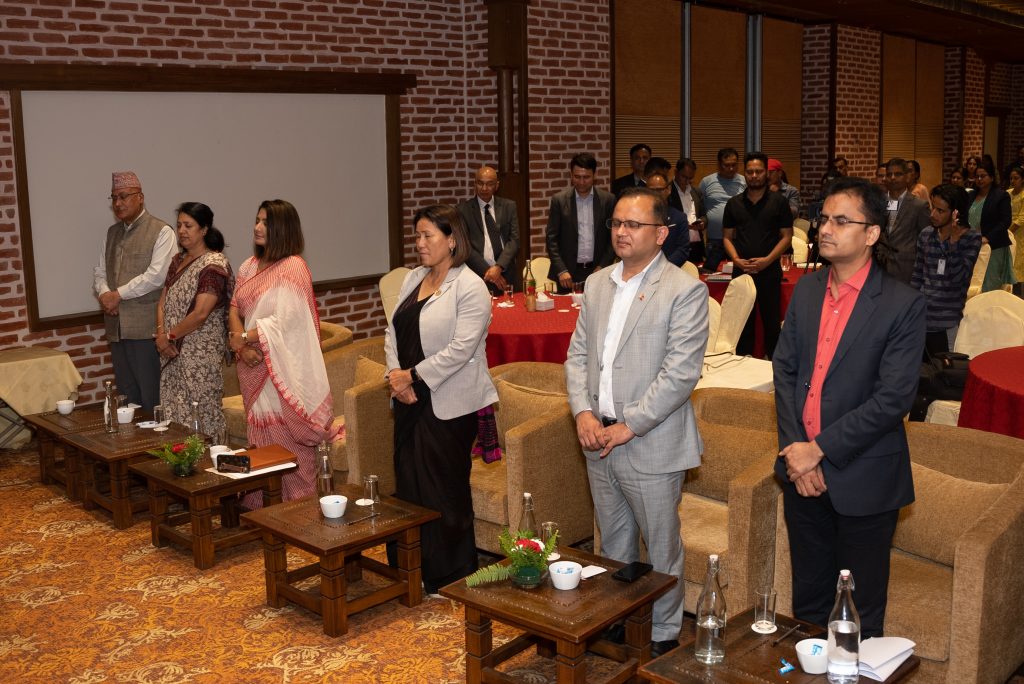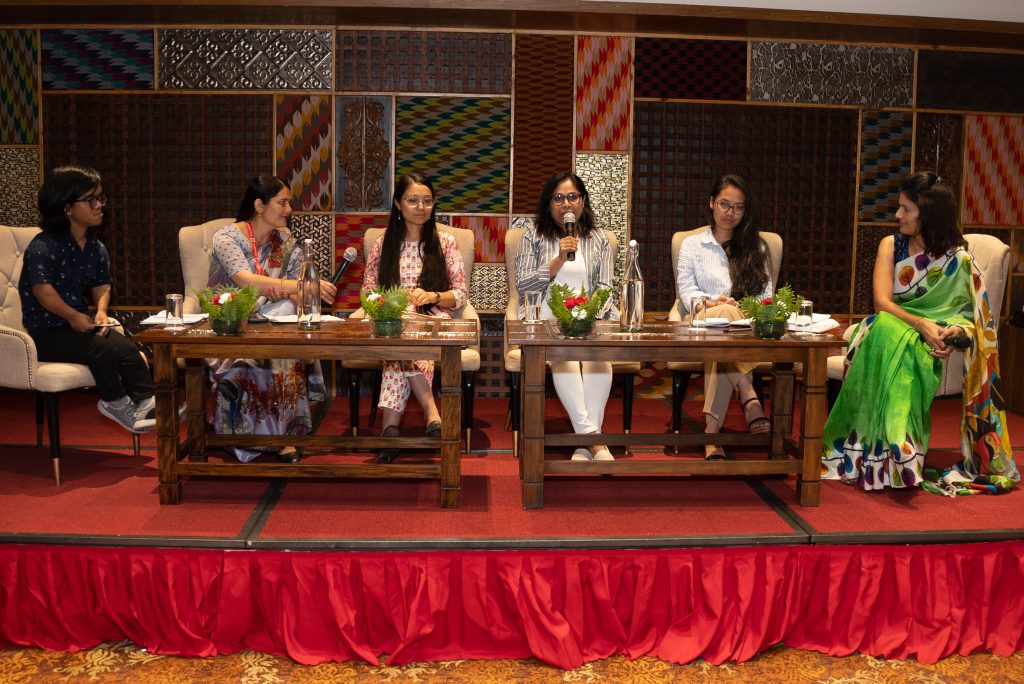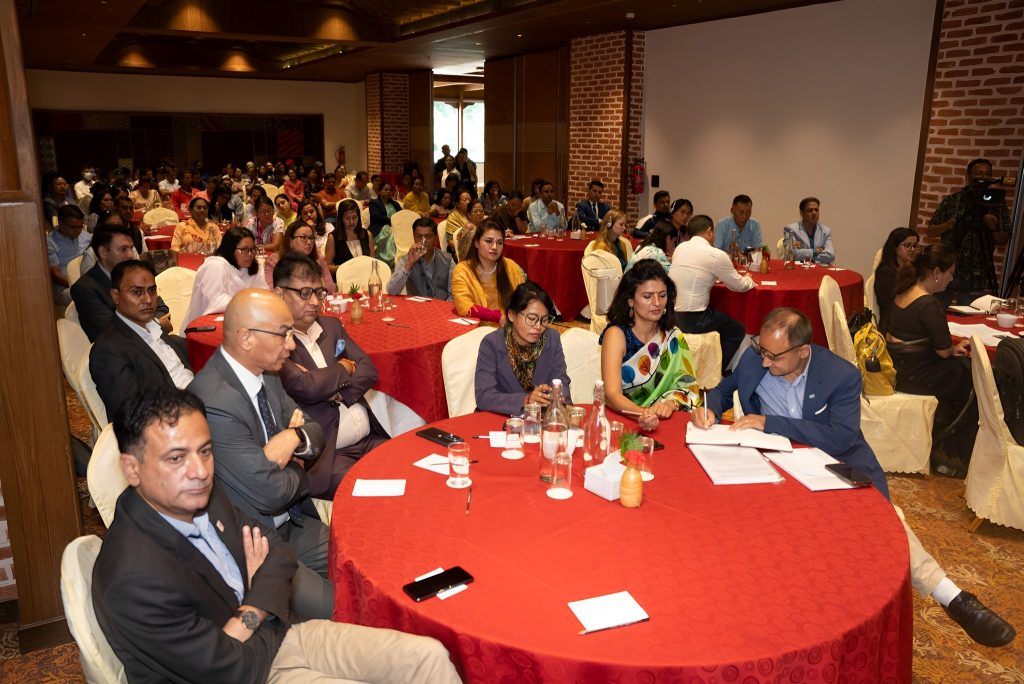
Climate change is a major problem for everyone around the world. To quote UN Secretary General Antonio Guterres, “The era of global warming has ended and the era of global boiling has arrived”. The effects of climate change on various societal segments are interconnected. Food production and human health can be harmed by drought. Flooding has the potential to spread illness and harm infrastructure and ecosystems. Health problems can reduce worker productivity, raise mortality, and have an impact on the availability of food. The impacts of climate change can be seen in every area of the world we live in. Uncomfortably, these effects disproportionately affect women, people who are marginalized, and other weaker segments of society. Therefore, gender-sensitive climate action is urgently needed for adaptation, mitigation, and climate security. The government has proposed a number of initiatives to solve these problems, but they fall short of doing so. Political leaders and other decision-makers need to be made aware of this issue, but it also has to be brought up internationally. In this context, COP28 will be held in the UAE in November, and Nepal is working diligently to bring up these issues on international forums. Therefore, it is now time to think about the problem and make recommendations to the interested parties on the topic that Nepal should emphasize at COP 28.
Sath Sathai, a women-focused non-profit organization founded in November 2021, organized a one-day conference titled “The climate change challenges: Any roadmap for gender-responsive climate action” in collaboration with The Ministry of Forest and Environment and UN Women with the help of KTK Belt. This brought together ministers, politicians, experts, and leaders of civil society. We really appreciate the UAE Embassy assistance and encouragement in Kathmandu.
The national anthem and the welcoming of the guests of honor kicked off the program at around 2:00. Following this, the Sath Sathai chairperson gave a welcome speech outlining the significance of taking action on climate change as well as the specifics of the agenda. Following this, a few of our eminent guests discussed the subject. These guests’ presentations and talks were very informative. It made us aware of the importance of taking action on climate change, the need for climate justice, and how vulnerable groups may contribute to finding solutions. This discussion then took a pause for a social tea break. A panel discussion followed this brief intermission.
The moderator posed two questions to each panelist. The panel discussion, like the lectures, emphasized the significance of youth in climate change. Additionally, it emphasized the value of women’s empowerment, the significance of indigenous communities, and the actions that the government should take to improve the environment. The panelists discussed the importance of climate justice and action. Similarly, the panelists posed questions to the audience that caused us to consider our contributions to climate change. The need of doing little, everyday actions to combat climate change was also emphasized. The conference came to a conclusion during this session, and the vote of gratitude was given by Dr. Siddhartha Bajracharya.
Objectives of the Conference:
- To highlight the key agenda that Nepal needs to raise in COP 28
- To discuss the gender responsive climate action and impact of climate change on vulnerable groups
- To discuss about the loss and damage and climate finance in Nepal’s context
Key takes away of the seminar:
- Climate change exacerbates the existing intercepting inequalities in society like age, gender, caste, and sexual identity. Marginalized groups including women and girls are more affected by climate change
- Climate crisis affects all but vulnerable groups are affected more as they face inequality, poverty, and violence. As a result, gender and social inclusion need to be talked about when talking about climate change.
- In Nepal, life-threatening issues are being seen more frequently. The data and research have not been collected making it hard to know the actual loss dealt with. So, the plans and policies should be made while also focusing the stakeholders, and the research committee.
- Due to the lack of necessary data to claim the aftermath of climate change in Nepal, we have not been able to get as much funding as possible.
- Special attention should be directed towards the more vulnerable segments of the female population. This includes women from marginalized communities, those facing economic hardships, and those living in environmentally vulnerable regions.
- Nepal, like many other vulnerable nations, is more impacted than impacting in the climate change equation. It is not only our right but a necessity to receive adequate funds from developed countries, along with the requisite infrastructure, facilities, and programs, to adapt and mitigate the effects of climate change.
- AThe lack of awareness in the youths regarding climate change can not necessarily be attributed to only them, but the fault lies in the government as well
Presenters and speakers:
- Patricia Fernandez – Pacheco (UN Women Country Representative to Nepal)
- Sama Shrestha (UN Woman Representative)
- Manjit Dhakal (Climate Change expert)
- Dr. Birendra Prasaad Mahato (Minister of Forest and Environment)
- Dr. Buddhi Sagar Poudel (Joint-Secretary and Chief)
- Dibya Gurung (Manager of the Naya Srijanshil Cooperative)
- Raju Pandit Chhetri (Global Fund Expert)
Panelists:
- Deepika Das (General in Agriculture Researcher)
- Sonam Lama (Journalist)
- Shreya K.C (Social Climate Justice Activist)
- Apsara Lamichhane (Vice Chair Helambu District)
- Umesh Pradhan Magar (Youth Climate Activist)



No Comments yet!